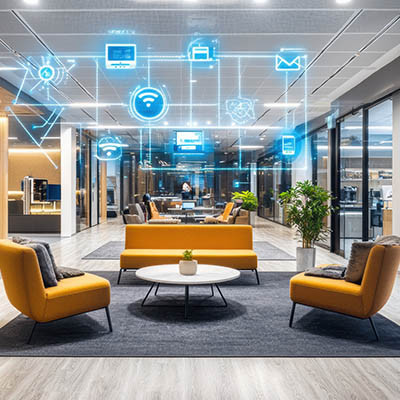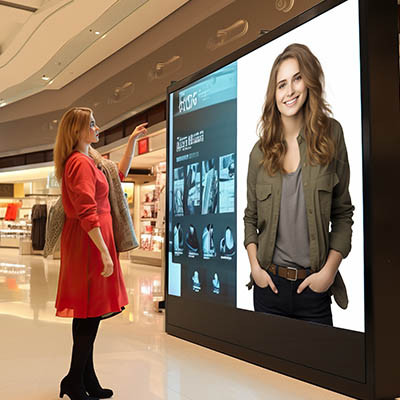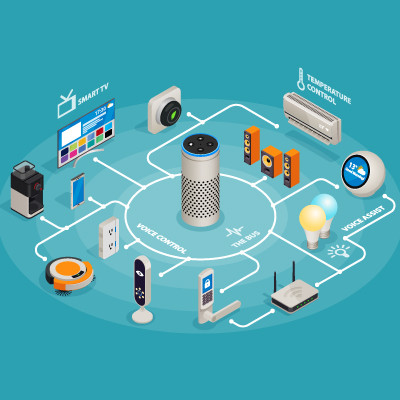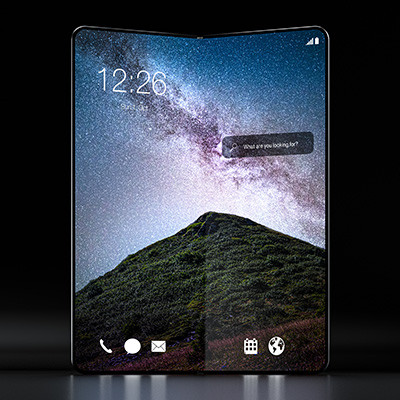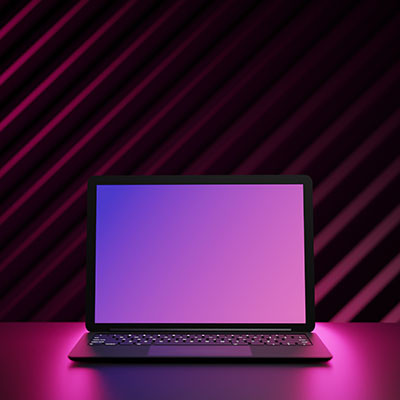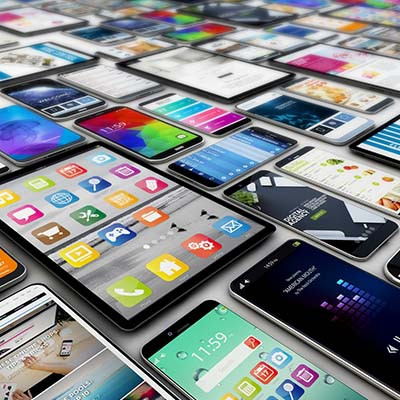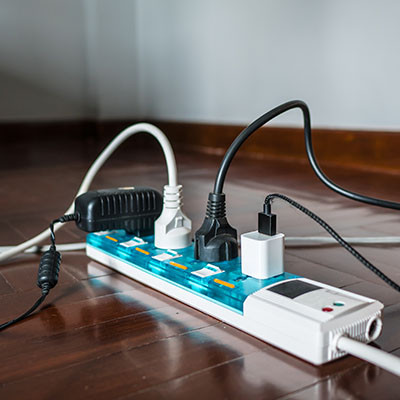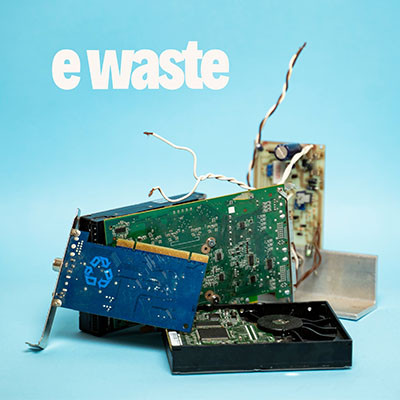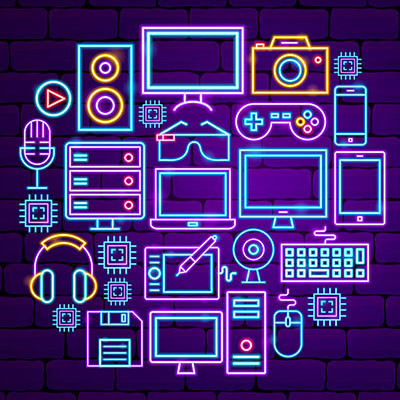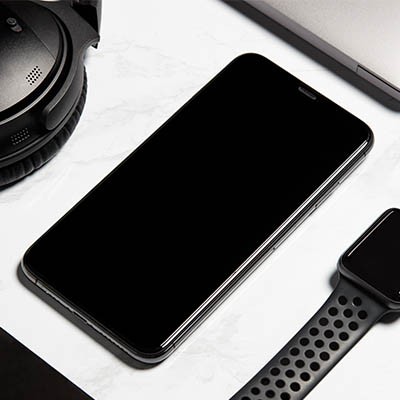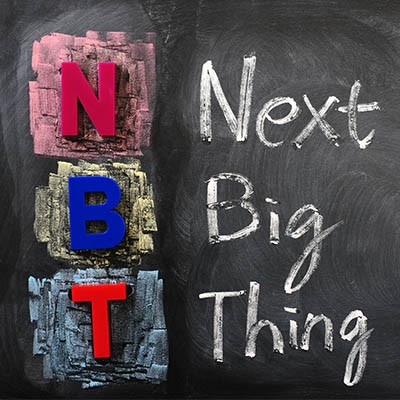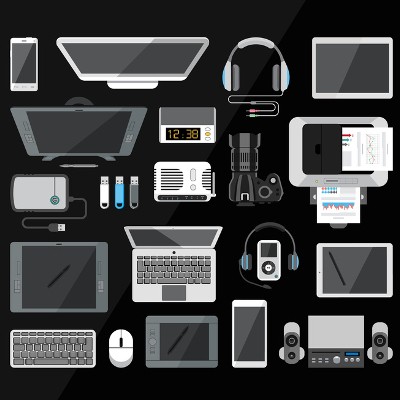The Internet of Things (IoT) is becoming one of the most exciting tech trends out there, but it is difficult to know where to start. It means using Internet-connected smart devices to help businesses run better. Some companies think IoT is too expensive or too complicated, but when done right, it can actually save a lot of money and make things work smoother. Let’s break down how businesses are using IoT and why it’s totally worth it.
PCSOFT Blog
The Internet of Things (IoT) is one of the most intriguing technologies businesses can use. When brought into the fold, it has changed how offices function, bringing a range of benefits that enhance efficiency, productivity, and security. IoT devices and systems can streamline processes and create a more comfortable, productive, and sustainable work environment. This month, we discuss how small businesses can use IoT to improve their operations.
Businesses everywhere are adding smart devices to their IT, and for good reason. They offer convenience and efficiency but can pose a significant network security risk. These devices, part of the Internet of Things (IoT), often lack robust security features. This makes them an attractive target for cybercriminals.
January is host to the Consumer Electronics Show, or CES, which takes place in Las Vegas. It’s an opportunity for companies to show off thousands of neat ideas, concepts, and devices, and if you’re a tech nerd like us, it’s total heaven. It’s also interesting to see what trends can be seen and how they might be brought into a business or consumer landscape.
Foldable phones are an interesting anomaly in recent technological development. The traditional flip phone eventually gave way to the large-screened smartphone, but now the smartphones have veered in the direction of folding. There is a considerable amount of excitement about these devices in some circles, but issues with pricing and fragility have kept them from going too mainstream yet. However, there are some arguments in favor of them that we want to examine today.
With all the doom and gloom surrounding cybersecurity, it’s easy to get lost in the negative aspect of technology advancement. That being said, however, we do really love technology, and advancements in smartphone technology, in particular, have made amazing strides and led to great achievements in business and elsewhere. We just wanted to take today to appreciate smartphones and how incredible they are.
We’ve all been in the position where we need to plug something in, but the outlet is completely full. Fortunately, there are devices that can help resolve this problem—but as is the case with most things, one option is notably better for business purposes. Let’s go over what makes a power strip different from a surge protector, and why the latter is a far better option for businesses.
E-waste is a considerable problem, and not just for businesses; it’s also terrible for the environment. Let’s go over some of the biggest reasons why discarded electronics, including some of the hardware that you invest so much money into, can be problematic, as well as some ways your organization can reduce its e-waste footprint.
The good old days, the timeless oldies, there’s no school like the old school… A lot of us fondly look back on the simpler times, but technology typically pushes forward. In fact, if we look back at what we were collectively doing with computers back in the 80’s and 90’s, it’s practically embarrassing. Sure, the music and television shows of our formative years will never be topped, but less can be said for the technology. Unless you are a Boeing 747...
Lots of things have been scaled back in 2020, but one thing that hasn’t is the presence of the remote worker. Outside of the normal amount of people that work from home, the COVID-19 pandemic has created opportunities for people who typically didn’t get the chance to do so to work from the comfort of their own homes. Let’s take a look at a few gadgets that have to be a part of every remote worker’s home office.
AR, or augmented reality, has been touted as the next “big thing” for nearly a decade, while other “big things” have been introduced. Google Glass almost made AR more commonplace, but security and privacy concerns turned it into a non-starter. Today, AR has taken a new life, so let’s review some predictions for the future.
 Tablets are definitely becoming a staple in the consumer electronics world. For the longest time, the tablet PC was an expensive, clunky device that just didn't wow consumers. Some businesses had adopted tablets back in the day, but they were difficult to use, hard to support, and they simply didn't perform for the price tag. However, like many consumer electronics, Apple reinvigorated the tablet market with the original iPad, and now it would seem tablets are here to stay. The question is, are they right for businesses?
Tablets are definitely becoming a staple in the consumer electronics world. For the longest time, the tablet PC was an expensive, clunky device that just didn't wow consumers. Some businesses had adopted tablets back in the day, but they were difficult to use, hard to support, and they simply didn't perform for the price tag. However, like many consumer electronics, Apple reinvigorated the tablet market with the original iPad, and now it would seem tablets are here to stay. The question is, are they right for businesses?


